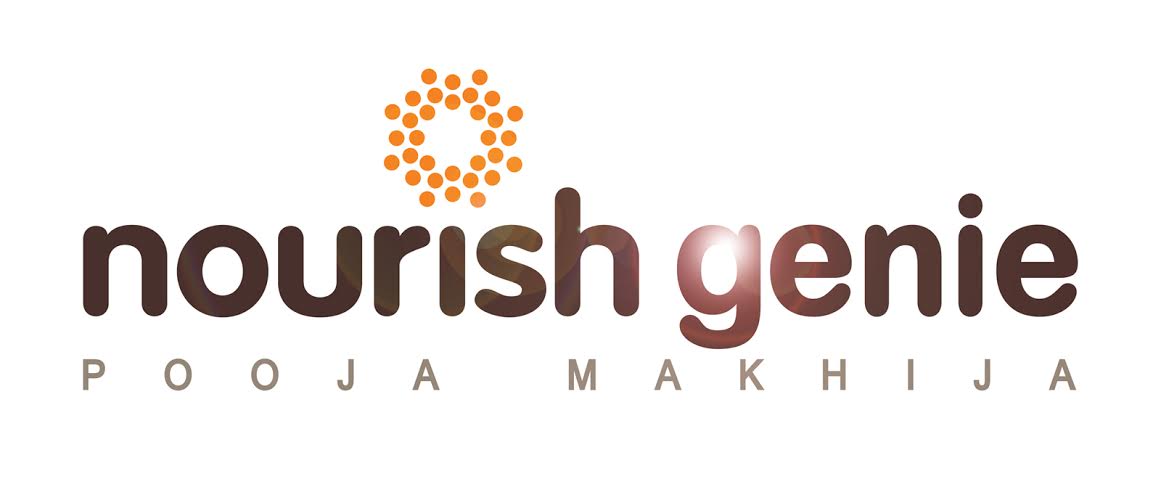You are in a post-lunch meeting. But all you can think about is how much nicer it would be to be at home, tucked in bed.You find yourself nodding off at the precise moment, the boss looks in your direction and you wonder why it keeps happening.
There’s a term for it: Post-lunch slump.
The reason for this lethargy could be what you are eating and how you are eating it. To combat this, how about changing the way you do both? You have probably heard of power walking, power dressing and power naps. But have you ever heard about power eating? I like to define it as using food to get the most efficient workday possible. The key to understanding this concept is to recognise that your energy level is closely tied to your blood sugar levels.The more unstable it is, the greater the spikes and crashes, and the more exhausted you feel. Eating right and eating frequently can combat this.
EAT SLOW
First, eat slow-release sugars. Every single little thing you eat gets converted by your body into glucose i.e. sugar, be it a sandwich, sprouted salad or even vegetable juice.Some sources of sugar are simple carbohydrates like pastries, sugary drinks and dessert that spike your blood sugar levels only to send them crashing down later. Which is why eating these foods feels great at first but then start making you feel run-down. Instead of simple, go for complex carbohydrates. They are slow-release sugars that take time to get converted into glucose, making the effect gentler on your body and providing you with steady streams of energy through the day. Sources of complex carbs are green veggies, whole-grain foods like pasta and oatmeal, beans, dals, peas and starchy vegetables like potatoes and sweet potatoes.
EAT TWO
Second, eat every two hours. Eating every two hours helps to keep your sugar levels stable. Instead of eating three big meals through the day, why not break it up into six or eight smaller meals? Smaller quantities will provide a regular and sustained burst of energy that will keep you alert and competitive through the day.
EAT LOW
Third, avoid fatty and rich foods. Rich, heavy foods make you feel sluggish and lethargic. Even if the boss is whipping out his expense card to take you out, try and limit fatty foods by exhibiting portion control. Your body -and your job -will thank you for it.


